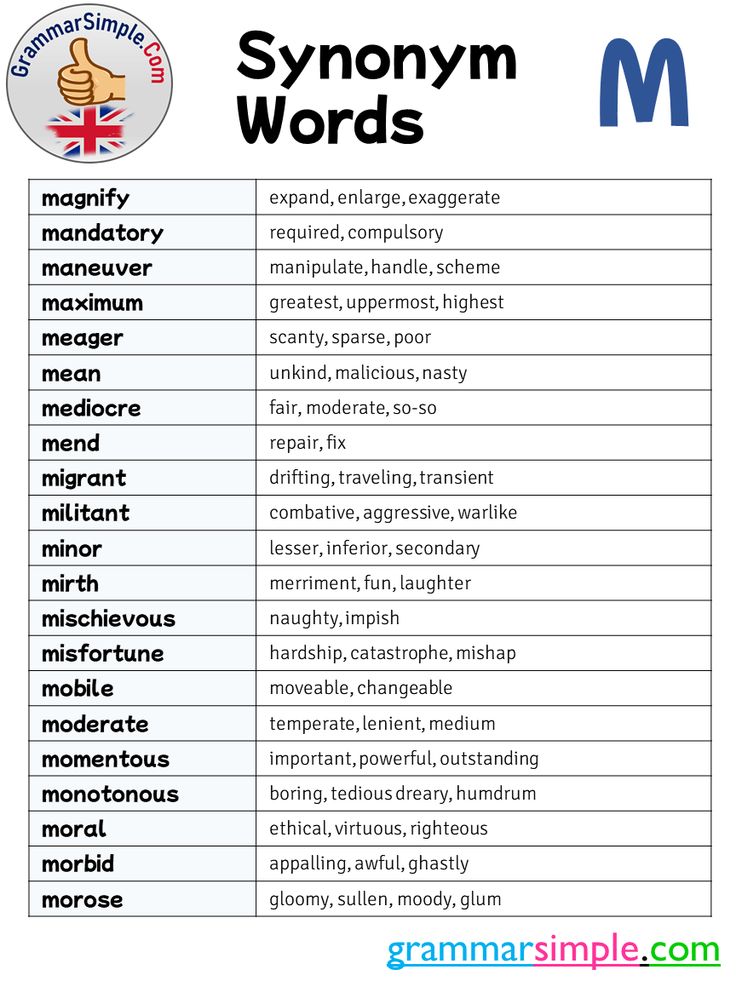Synonyms of Accuse Synonym Words for Accuse
The word “accuse” is a common term. It means to say someone did something wrong. But sometimes, we want to use different words. Let’s explore some synonyms for “accuse”. These words can help us say the same thing in different ways.
What Does “Accuse” Mean?
To accuse is to blame someone for doing something bad. It is like pointing a finger at someone. When you accuse, you say they did something wrong.

Credit: thesaurus.plus
Why Use Synonyms?
Using synonyms makes language rich and fun. It helps us avoid repeating the same word. Synonyms can also show different feelings. They can make our speech or writing more interesting.
Synonyms for “Accuse”
Here are some synonyms for “accuse”. Each word has a unique meaning. But all mean to say someone did something wrong.
| Synonym | Meaning |
|---|---|
| Charge | To formally say someone broke a law. |
| Blame | To say someone caused a problem. |
| Allege | To say something happened without proof. |
| Indict | To officially accuse someone of a crime. |
| Implicate | To show someone is involved in something bad. |
| Denounce | To publicly accuse someone. |
| Prosecute | To take legal action against someone. |
| Criticize | To find fault or blame someone. |
| Reproach | To express disappointment in someone. |
| Incriminate | To suggest someone is guilty of a crime. |
Examples and Usage
Charge
Police might charge a person with theft. This means they believe the person stole something.
Blame
If a vase breaks, you might blame your sibling. You think they did it.
Allege
Someone might allege they saw a ghost. But there is no proof.
Indict
A grand jury can indict a suspect. This means they believe the suspect committed a crime.
Implicate
Evidence can implicate a suspect. It shows they are involved in a crime.
Denounce
A leader might denounce a policy. This means they publicly accuse it of being bad.
Prosecute
The state can prosecute a criminal. They take them to court.
Criticize
A teacher might criticize messy handwriting. They find fault with it.
Reproach
Parents might reproach a child for lying. They express disappointment.
Incriminate
Fingerprints can incriminate a thief. They suggest the thief is guilty.

Credit: www.powerthesaurus.org
When to Use Each Synonym?
Choose a synonym based on what you want to say. If you have proof, use “charge” or “indict”. For public statements, use “denounce”. For legal actions, use “prosecute”. Use “blame” or “reproach” in everyday situations.
Practice Using Synonyms
Try to use these synonyms in sentences. Here are some examples:
- I charge him with cheating.
- She blames me for the mistake.
- They allege the dog barked all night.
- The jury indicted the suspect last week.
- The clues implicate the butler.
- The mayor denounced the new law.
- The lawyer prosecuted the case in court.
- My friend criticized my drawing.
- Mom reproached me for not cleaning my room.
- The video incriminates the robber.
Frequently Asked Questions
What Are Common Synonyms For Accuse?
Blame, charge, indict, allege, and incriminate. These words convey the act of assigning fault or responsibility.
How Does “blame” Differ From “accuse”?
Blame implies responsibility without formal charges. Accuse suggests a formal allegation with potential consequences.
Can “charge” Be A Synonym For “accuse”?
Yes. Charge often implies formal legal action, while accuse can be informal or formal.
Is “indict” Similar To “accuse”?
Indict is a legal term for formally accusing someone of a crime. It’s more serious than accuse.
Conclusion
Using different words for “accuse” can make your speech rich. It helps express different shades of meaning. These synonyms are handy in many situations. Remember to choose the right word for what you want to say.
Practice using these words. This will make your English stronger. Keep learning and exploring new words. Language is a wonderful world to explore!
